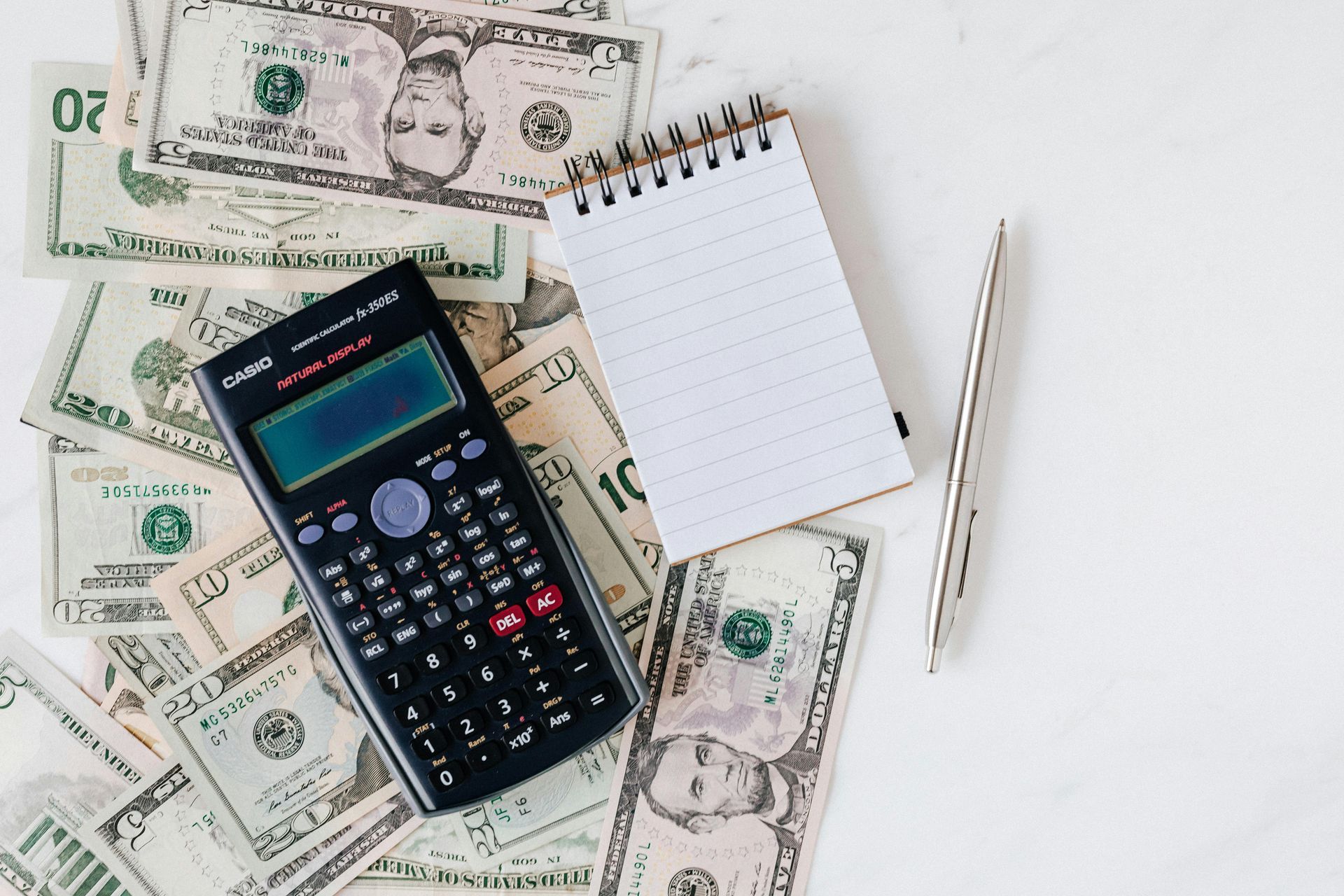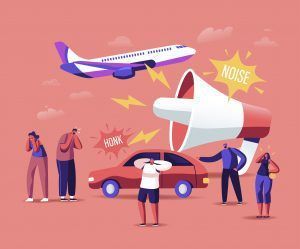Article
The 10 Sounds of Summer That Can Harm Your Hearing
Written By: Kathleen Page, NYS Licensed and Board Certified Audiologist
Life seems easier in summer. The warmer months give us time to kick back, relax and have fun. But when the temperature rises, so do the number of noisy activities that could damage your hearing. No worries … by knowing the risks and protecting your ears, you can stay safe and enjoy all the season has to offer.
Sun’s Out, Fun’s Out and Earplugs Are In
Noise-induced hearing loss (NIHL) is more common than you’d think. A 2011 study estimated that up to 40 million adults (24%) have hearing test results that suggest hearing loss from exposure to loud noises. 1 NIHL is caused by a single exposure to a sound that is too loud or continuous exposure to loud sounds over time. Any sound at or above 85 decibels (dB) can cause hearing loss.
Here are some of the loud summertime activities that pose a threat to your family’s hearing:
1) Fireworks Displays
The snap, crackle and pop of fireworks sure look pretty, but they can do a number on your ears. Most fireworks clock in at 125 dB, which is in the danger zone for hearing damage. Use earplugs for adults and young children, earmuffs for babies and toddlers.
2) Air Shows
Don’t just wing it when you go to an air show—bring your hearing protection. The sound of a jet engine is between 120 and 140 dB, which is extremely harmful to your ears.
3) Outdoor Concerts
Because concert noise levels are frequently over 100 dB, you should always rock out with your earplugs in.
4) Parades
Who doesn’t love a parade? It turns out your child’s ears don’t. Noise from revving engines, sirens and marching bands can hurt small children’s hearing, but earmuffs are an excellent way to keep your kids safe.
5) Yard Work
Keeping your lawn in shape is practically a full-time job during the summer! Unfortunately, equipment like lawnmowers and hedge trimmers emit sounds between 80 and 105 dB, so wear your earplugs.
6) Convertibles
Taking a spin in a convertible is a treat for the senses—except for your hearing. The roaring engine and noise from other cars can contribute to tinnitus and hearing damage. You can’t use earplugs while driving, but you can reduce your noise exposure by rolling up the windows.
7) Target Shooting
Set your sights on protecting your hearing with earplugs and earmuffs while shooting this summer. Nearly all firearms deliver sounds above 140 dB, and small-caliber firearms are above 120 dB.
8) Baseball Games
America’s favorite summer pastime is nosier than ever, with fireworks, loud announcers, cheering fans, and rock music. Remember to score some earplugs before you set foot in the stadium.
9) Car Races
All that vroom-vrooming can be disastrous for your ears—races average between 90 and 110 dB. Keep your hearing on track by popping in some earplugs.
10) Motorcycles and Speedboats
Fancy yourself a bit of a James Bond as you fly over open water or whip along a twisty road? Every 007 needs earplugs—they offer protection against the excessively loud engine and wind noise these activities create.
Stay Safe This Summer With Custom Ear Protection
While disposable earplugs will do in a pinch, custom-molded earplugs are your best bet at preventing hearing loss. Custom-molded earplugs are designed to fit your unique ear canal shape while being much more comfortable than off-the-shelf options, making it more likely that you will wear them regularly. Keep your hearing out of harm’s way as you enjoy all your favorite summer activities—give us a call to schedule your consultation for custom ear protection today!
Source: National Institute on Deafness and Other Disorders (2019, May 31). Noise Induced-Hearing Loss. https://www.nidcd.nih.gov/health/noise-induced-hearing-loss
share this
Related Articles
Related Articles

STAY UP TO DATE
GET PATH'S LATEST
Receive bi-weekly updates from the church, and get a heads up on upcoming events.
Contact Us



